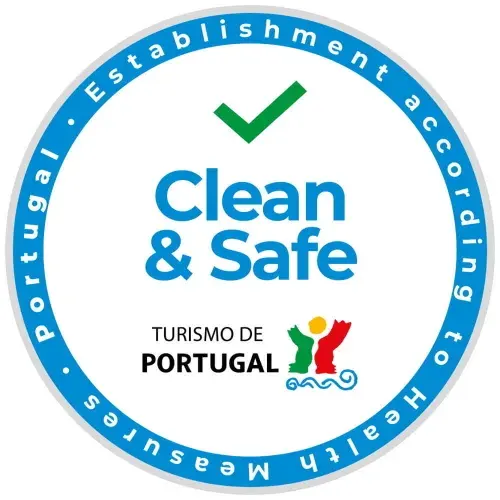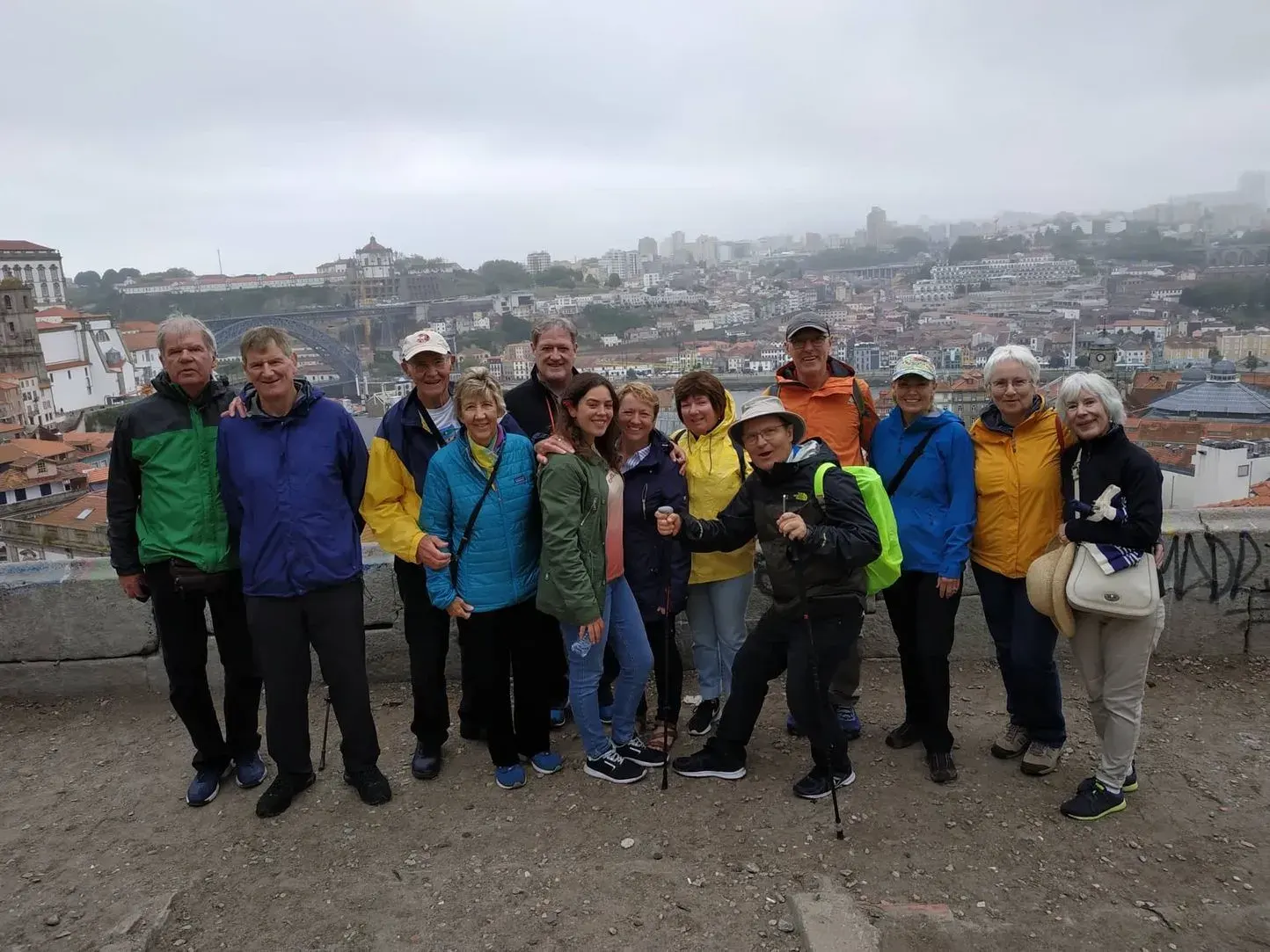
Clean & Safe: Requirements to comply with
Admin
March 11, 2022
665 words
3 minutes
The sun is out 300 days per year with few raining days and it is perfect for
walkers. Portugal coastline as nearly 1800 km, including the Madeira and Azores islands.
In general Portugal offers warm and sunny summers, mild winters, and autumn and spring are normally warm however with some wind and rainfall.
The winter in Portugal generally starts in late November and lasts till February. March, April and October are normally very mild and the summer period is a nice long period from May to September.
The summers in the North are pleasant and hot without becoming sweltering hot. The winter in Porto and inland are colder than the rest of Portugal, but the climate is still mid if compare with the rest of Europe. It can snow but is rare. It is easy to find snow in Serra da Estrela in the winter.
Internal training and establishing procedures to all staff:
Our staff has been informed and/or trained specifically about the following matters:
- Internal protocol regarding the Coronavirus Covid-19 pandemic.
- How to follow the basic precaution measures and infection control regarding the Coronavirus Covid-19 procedures as follows:
- Hand sanitation: Frequently washing hands with water and soap, for at least 40 seconds or using hand disinfectant with at least 70º alcohol, covering every surface in both hands and rubbing them until dry.
- Respiratory protocol: cough or sneeze into your flexed forearm or use a paper tissue, that should immediately be thrown into the garbage; Hand hygiene after coughing or sneezing and blowing your nose; avoid touching eyes, nose and mouth with hands.
- Social Conduct: Change the frequency and ways of contact within the staff and between staff and clients, avoiding (whenever possible) any close contact, handshakes, kissing, shared workspaces, presential meetings and sharing food, utensils, glasses and towels.
- How to follow through with daily self-monitorization to assess fever (measure body temperature twice a day and register the results’ value and timing), verifying any cough or difficulty while breathing.
- How to follow “Direcção Geral da Saúde“‘s guidance for sanitation of all surfaces and washing of clothes used in our establishments.
Information to all clients:
All clients are informed of the following information:
- How to uphold basic precautions and infection control regarding the coronavirus outbreak.
- What is the internal protocol regarding the Coronavirus Covid-19 epidemic
The establishment has:
- Individual protection equipment in sufficient number for all the staff involved in the activities.
- Individual protection equipment for clients (maximum capacity of the groups)
The internal cleaning and sanitation protocol insure:
- Washing at high temperatures of all the clothes and other accessories worn in the activities (towels, cycling gear), for all the staff and clients (at around 60ºC).
- Supplying alcohol-based hand sanitation, whenever it is justified, to the participants in all activities.
- Sanitization or disinfection of all the equipment used, after each activity, according to the rules applied to each type of equipment.
- Sanitization or disinfection of all transports used, after each activity, and according to the rules applied to each type of transport equipment.
The service organization assures:
- Maintenance of social distancing between participants in all activities, according to the recommendations of the “Direcção Geral da Saúde”.
- Maximum occupation of the transports used in the activities, according to the recommendations of the “Direcção Geral da Saúde”.
- The distribution of information regarding the activities, preferably using digital/online platforms.
- Following internal sanitization and safety protocols by partners involved in the activities.
- That a responsible member of the staff is ready to put in place the procedures in case of suspicion of infection (accompany the client with symptoms to the isolation space, provide him with the necessary assistance and contact the National Health Service).
- The storage of all the residue produced by the client that is suspected of being infected are stored in a plastic bag that, after sealed, should be placed apart and sent to a licensed operator to manage hospital residues with biological hazard.

